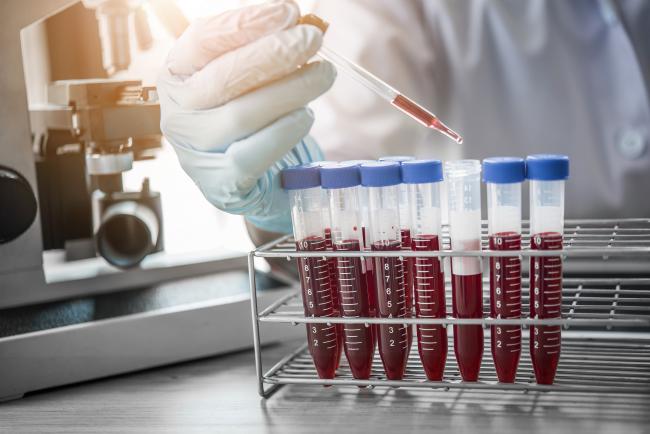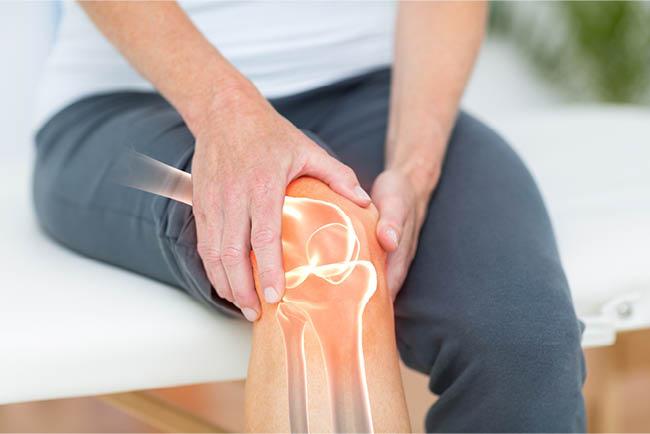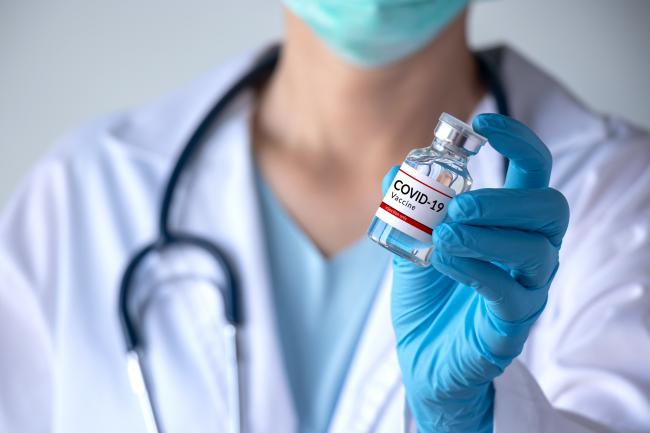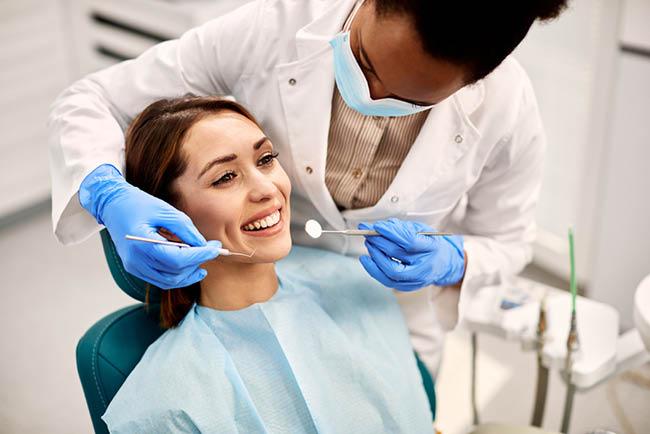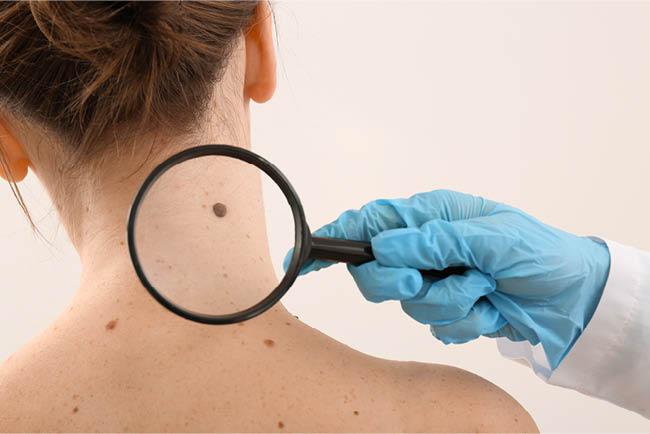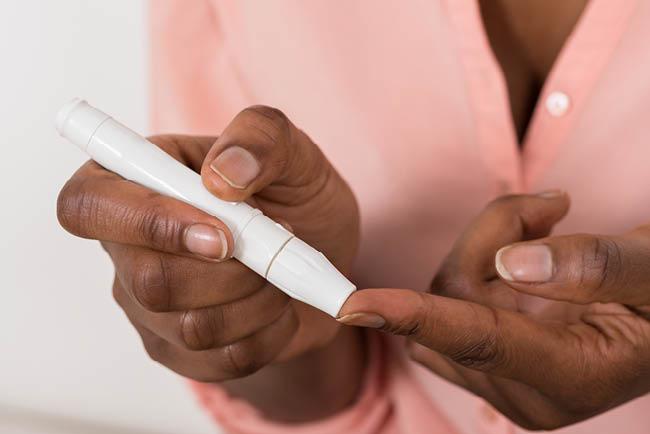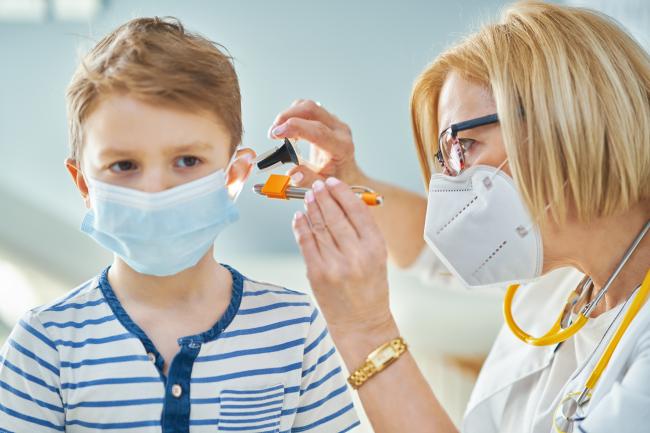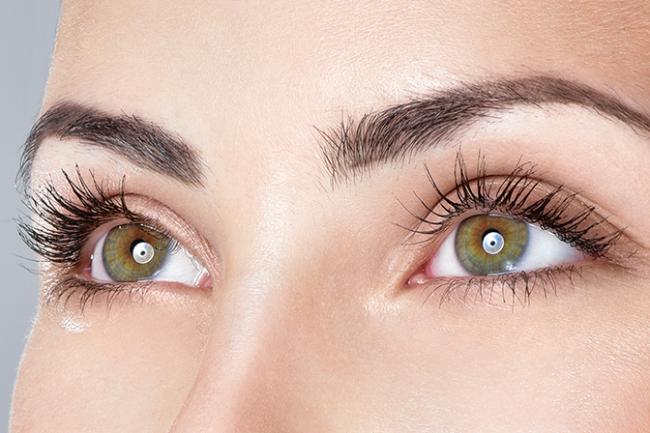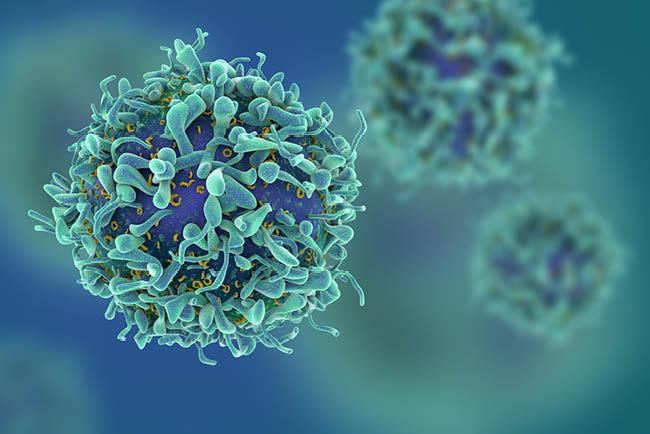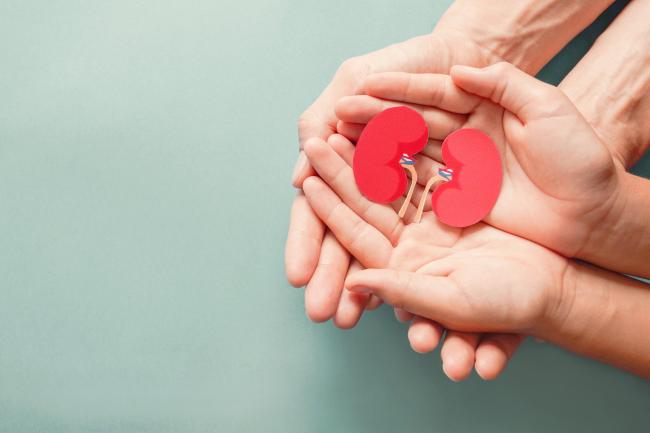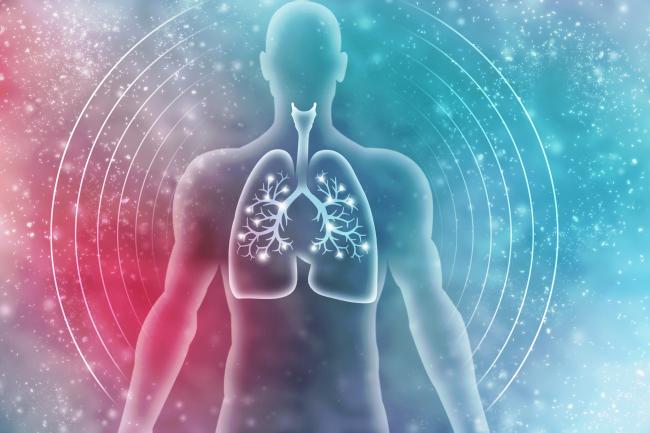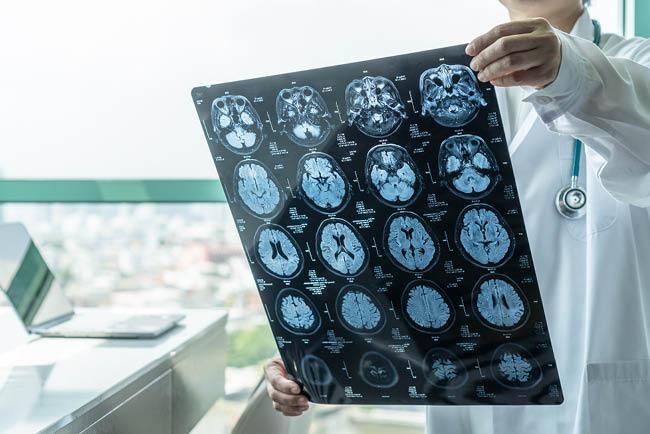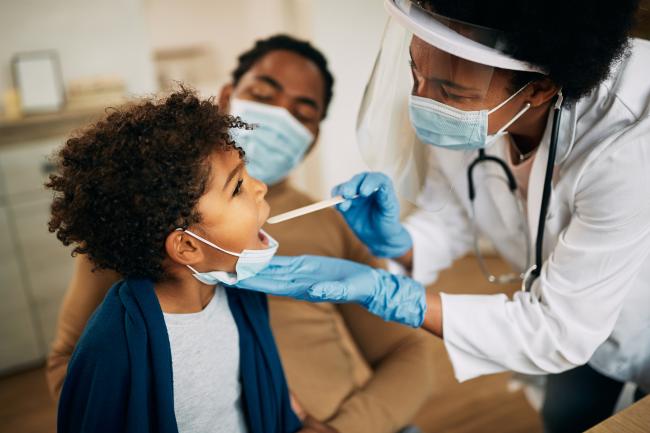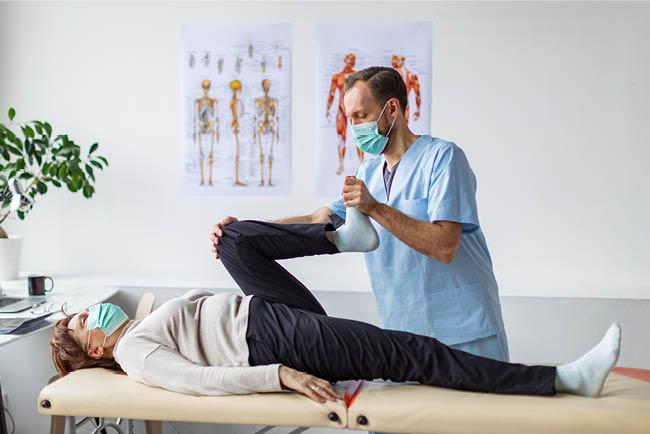Search Studies
Research studies are looking for volunteers just like you. Both healthy volunteers and participants with specific health conditions are needed to help answer important questions impacting the health of our friends and family. Join us to improve the health of others.
-
The ARCADIA Study -- A medication study for prevention of recurrent ischemic stroke
Official Title AtRial Cardiopathy and Antithrombotic Drugs In prevention After cryptogenic stroke (ARCADIA)Purpose
The purpose of this research study is to compare the effects (good and bad) of apixaban with the effects (good and bad) of aspirin in patients with unexplained strokes and atrial cardiopathy to see which is better at prevention of future strokes.
Could this study be right for you?
- You are at least 45 years old
- Clinical diagnosis of ischemic stroke* of unknown cause (ESUS or cryptogenic) in the last 120 days
- Underwent an echocardiogram as part of your stroke work up
- No history of atrial fibrillation (irregular heartbeat)
- No known allergy or intolerance to aspirin or apixaban
*An “ischemic” stroke is an injury to the brain caused by a blocked blood vessel supplying the brain.
Age Range
45 and up -
The Family Risk Study
Official Title Parental History of Suicidal Behavior and Early Markers of Risk in Pre-pubescent YouthPurpose
The purpose of this study is to learn what factors may be related to suicide attempt(s) in children (ages 6 - 9) that have a parental history of suicidal behavior in hopes that this information will help prevent and treat self-harm behavior in youth at high risk.
Both parents and children will complete questionnaires, interview questions, and a family discussion in addition to problem solving tasks and computer games.
There are multiple study visits. The first will last about 2.5 to 3 hours and all other appointments will occur annually from your first appointment. Due to COVID-19, families will have the option to conduct annual follow-up appointments via telephone. These annual telephone visits will last approximately 30-45 minutes. If the annual visit is conducted in-person, it will last 1.5 to 2.5 hours.
Could this study be right for you?
- Parents and children must be able to read and understand English fluently
- Child is 6 to 9 years of age
- Meet other criteria (e.g., no traumatic brain injury) for the study
Age Range
6 and up -
The Ohio State Lupus, Vasculitis and Glomerulonephritis Registry
Official Title The Ohio State Lupus, Vasculitis and Glomerulonephritis RegistryPurpose
The purpose of the OSU Lupus and Vasculitis Registry is to obtain clinical and laboratory information about lupus and vasculitis and glomerulonephritis.
Could this study be right for you?
Patients at the Ohio State University Rheumatology and Lupus Clinic with one of the following diagnoses who are ages 18 years of age and older:
- Systemic lupus erythematosus
- Discoid lupus
- Mixed connective tissue disorder
- Undifferentiated connective tissue disorder
- Wegener’s granulomatosus
- Microscopic polyangiitis
- Henoch-Schonlien Purpura
- Takayasu’s arteritis
- Giant cell/temporal arteritis
- Churg-Strauss vasculitis
- Other vasculitides
- IgA nephropathy
- Anti-GBM GN
- Membranous GN
- Minimal Change Disease
- Focal Segmental Glomerulosclerosis
Age Range
18 and up -
The REGENERATE Study - A study to evaluate the effectiveness and safety of a medication (Obeticholic Acid) for those with NASH (nonalcoholic steatohepatitis)
Official Title A Phase 3, Double-Blind, Randomized, Long-Term, Placebo-Controlled, Multicenter Study Evaluating the Safety and Efficacy of Obeticholic Acid in Subjects with Nonalcoholic SteatohepatitisPurpose
This research study is for those who have nonalcoholic steatohepatitis (NASH) (meaning your liver is swollen and damaged because of a buildup of fat in your liver) and some liver fibrosis (which is damaged and scarred liver tissue). Because of your condition, you may be eligible for a research study on an investigational drug for your condition. The Regenerate Study will assess the safety and effectiveness of the investigational medication obeticholic acid (OCA) compared to placebo in delaying specific medical conditions or health related issues that can occur in patients with nonalcoholic steatohepatitis (NASH) (meaning your liver is swollen and damaged because of a buildup of fat in your liver) and some liver fibrosis (which is damaged and scarred liver tissue).
Could this study be right for you?
- Age 18 or older
- Diagnosed with Stage 2 or 3 NASH (nonalcoholic steatohepatitis--meaning your liver is swollen and damaged because of a buildup of fat in your liver) and some liver fibrosis (which is damaged and scarred liver tissue).
If you are eligible and decide to take part in this research study, you will need to complete 1 or 2 screening visits to see if you are eligible to participate in the study. Once the study doctor determines you can participate in the study, you will be asked to come back to the clinic 8 times (for the Month 0 [Day 1] Visit, the Month 1 Visit, the Month 3 Visit, and then every 3 months) for the first 18 months you are in the study and then 2 times per year (every 6 months) for each additional year you are in the study.
Age Range
18 and up -
The Spine Project
Official Title The Spine Phenome ProjectPurpose
This study is designed to capture information about your spine. We will collect information from wearable sensors while you move your low back and neck. We will also collect a series of questionnaires and information from your medical record that related to your spine health. We want to compare the health history and motion capabilities of participants with healthy spines to participants with back and neck pain disorders. We believe that capturing and analyzing this information together will advance our understanding of low back and neck disorders and help develop healthcare applications, tools, or devices that improve the way we prevent, evaluate, and treat spine disorders. You will complete up to 8 visits and participate in the study for up to 5 years.
Could this study be right for you?
To participate, you must meet the following criteria:
- Age 18+
- Able to speak, read, and understand English
- Able to stand for 20 minutes
Please let us know if you have any of the following as you may not be eligible to participate (not a complete list):
- Currently pregnant
- Currently seeing or planning to see a medical provider for low back or neck pain
- History of chronic low back or neck pain lasting longer than 3 months
- Severe back or spine curvature (example – scoliosis)
- Current condition requiring a back brace
- History of spine surgery
- History of brain or spine cancer
- Open wounds on back or neck
- Current spine infection
Age Range
18 and up -
Transitioning From Booster Seats to Seat Belts
Official Title Booster Seats InterviewPurpose
To explore how parents make the decision on transitioning their children from booster seats to seat belts; what factors may influence parents’ decision on the transition.
Could this study be right for you?
Inclusion criteria:
- At least 18 years of age
- A parent or legal guardian who is responsible for transporting their child routinely
- Have a child who stopped using booster seats within 1 year prior to the interview date, and the child who made the transition must be the first child of the parent
- Drive with a child at least once per week
- In good general health
- Fluent in English
Age Range
20 and up -
Vercise™ DBS Registry
Official Title Registry of Deep Brain Stimulation with the VERCISE™ System: Vercise™ DBS RegistryPurpose
The purpose of this study is to record the personal experiences of those who have had Deep Brain Stimulation (DBS) using the Vercise™ System, for the treatment of Parkinson's Disease.
Could this study be right for you?
You may be eligible if you are:
- At least 18 years of age
- Planning to receive the currently available Vercise™ System and/or any new commercially approved parts such as leads, extension, Adaptor, CP, etc. that works with the Vercise System
Age Range
18 and up

